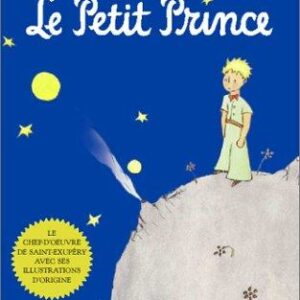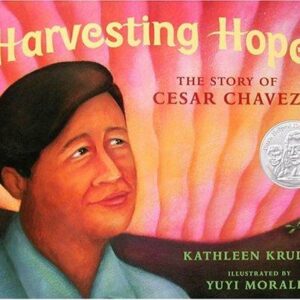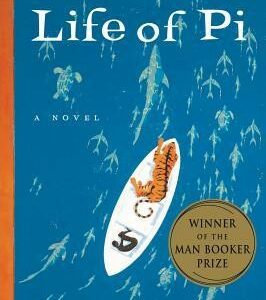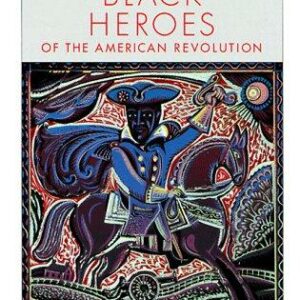Description
Offers a philosophical perspective on the nature and value of writing a memoir.
Artful Truths offers a concise guide to the fundamental philosophical questions that arise when writing a literary work about your own life. Bringing a philosopher’s perspective to a general audience, Helena de Bres addresses what a memoir is, how the genre relates to fiction, memoirists’ responsibilities to their readers and subjects, and the question of why to write a memoir at all. Along the way, she delves into a wide range of philosophical issues, including the nature of the self, the limits of knowledge, the idea of truth, the obligations of friendship, the relationship between morality and art, and the question of what makes a life meaningful.
Written in a clear and conversational style, it offers a resource for those who write, teach, and study memoirs, as well as those who love to read them. With a combination of literary and philosophical knowledge, de Bres takes the many challenges directed at memoirists seriously, while ultimately standing in defense of a genre that, for all its perplexities—and maybe partly because of them—continually proves to be both beloved and valuable. Helena de Bres is associate professor of philosophy at Wellesley College. Her personal essays, public philosophy, and humor writing have appeared in The Point, New York Times, Rumpus, Aeon Magazine, and McSweeney’s Internet Tendency, and she’s currently writing a memoir about the nature and value of philosophy.
One What Is Memoir?
Two Is All Memoir Really Fiction?
Three Should Memoirists Aim to Tell the Truth?
Four What Do Memoirists Owe the People They Write About?
Five Why Write a Memoir?
Acknowledgments
Notes
Bibliography
Index
"As a guide, de Bres has a lightness of touch that gives the reader plenty of space to reflect . . ."
"Anyone in the process of reading, writing, criticizing, or teaching a memoir should stop immediately, read this book, and then get back to work. De Bres asks all the right questions regarding this genre, and if she does not produce all the answers, she comes close. . . . Full of new insights into both the production and consumption of this popular form of personal expression, Artful Truths is must reading for those interested in memoirs of the past, present, and future. . . . Summing Up: Essential."
"De Bres, who teaches at Wellesley College, in Massachusetts, offers not a how-to manual but rather a densely packed list of considerations — moral, ethical, aesthetic — that the would-be memoirist ought to ponder when setting out on a life-writing voyage. A memoir, after all, is no simple thing. It demands an experiential truth, but unless you are recounting your life as a hermit or the sole occupant of a desert island (interestingly, the first memoir boom followed the success of Daniel Defoe’s fictional Robinson Crusoe), you rather quickly realize that your version necessarily involves other people. Therein complications can arise. . . . De Bres elegantly manoeuvres through different takes on the form. . . . At the core of Artful Truths is an insistence on responsibility — in the sense that the power for good or ill resides in the memoirist’s hands."
“Artful Truths is wonderful, beautifully written, consistently amusing, and very useful. De Bres unpacks all the philosophical and ethical questions imaginable surrounding the genre of memoir and charges fearlessly into accusations against the form, examining and dissecting each doubt before celebrating the genre with panache. How she is able to discuss the viewpoints of Kant or Nietzsche in such conversational language is a wonder, and the examples she invents to bring these sometimes abstruse matters to life are wryly amusing.”
"In Artful Truths, Helena de Bres brings a perceptive philosopher’s eye to the various questions and contentious arguments vexing the memoir form. Her essential guide is witty, readable, and filled with brilliant insight. Artful Truths is an informative, much needed addition to any memoirist’s bookshelf."
“Artful Truths introduces and explores metaphysical, epistemological, and ethical puzzles raised by the wonderfully perplexing genre of memoir. A delight to read and rewarding to ponder, this book offers sophisticated and deeply insightful philosophical analysis while remaining remarkably and broadly accessible. It is a model of serious philosophical engagement with a topic of widespread interest, which will be of immense value not only to memoirists and philosophers, but to anyone interested in the self and its multiple, complex truths. “










